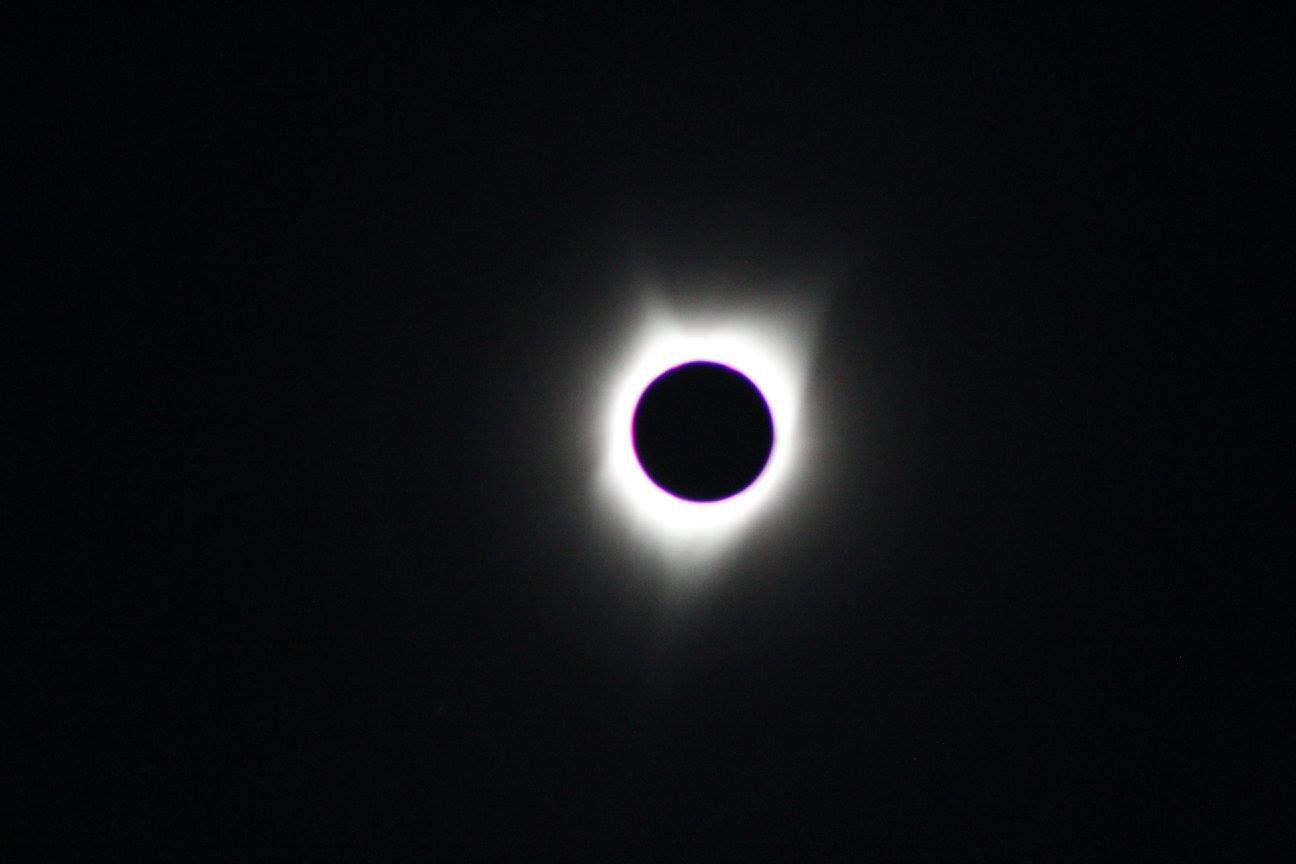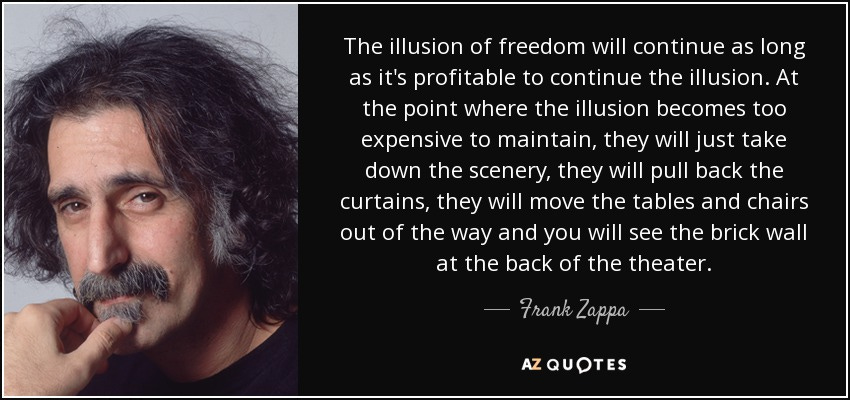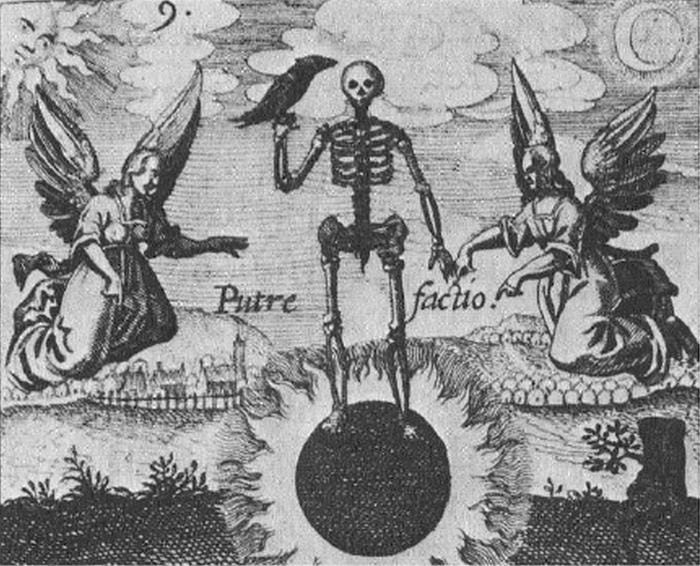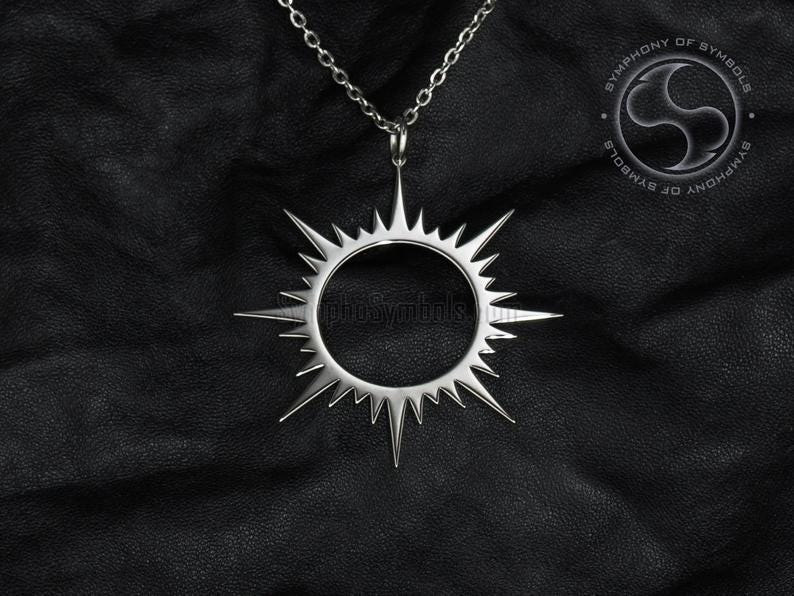Follow the links to parts 1, 2, 4, and 5.
“You take the blue pill, the story ends. You wake up in your bed and believe whatever you want to believe. You take the red pill, you stay in Wonderland and I show you how deep the rabbit-hole goes.”
The idea is that the blue pill keeps you asleep, happily unaware of the fact that you’re no more than a battery powering a massive artificial-intelligence program, while the red pill awakens you to the ugliness of your reality.
For obvious reasons, most people choose the comforting blue pill. Only those who refuse to be controlled and are willing to fight their oppressors take the red pill.
In real life, the blue-pill people are those who go about their daily lives unaware of how the media, politicians, teachers, corporations, all institutions of power feed them propaganda to control the things they think about. The blue-pillers are told what to buy, whom to love and hate, how to vote. They’re instructed to support the troops, to obey the cops, and to think that paying taxes is patriotic.
The blue-pillers are the people who obsess over celebrities, watch TV news, envy their neighbors’ stuff, and choose religious and political tribes as if they were football teams to root for.
Red-pilled people, in stark contrast, have seen through the hoax. They see who controls us and are wise to how they do it. They are the ones who rebel, who disobey, who question the status quo. And those who get too far out of line are generally crushed by those in power, lest the red-pillers wake up more of the blue-pill masses. Because if the people ever realized that we have more in common than we know, that we’re being kept at each other’s throats to take our eyes off our real oppressors, and that we vastly outnumber those in power, the whole Matrix would come crumbling down.
But sometimes, being red-pilled leads to something more ominous. When you realize just how powerful the system is, and how the vast majority of the population remains compliant, obedient, and ignorant, you may not see any way out. You see only despair. That’s when you become black-pilled.
Now, a certain subset of people have re-centered the pill-color discussion to refer to male-female relations — in particular, “involuntary celibate” men, or incels, use the pill colors as a stand-in for what they think women owe them. I’m not going to waste my time talking about that, because when taken from the original film context, that’s not what red and blue pills signify. Your pill color simply describes your state of social awareness, and how you deal with what you know. Hence, blue pills are the bliss of ignorance, and red pills reveal the ugly truth behind the fake scenery.
Frank Zappa, pre-Matrix, once put a fine point on it:
When you see the brick wall, you’ve been red-pilled. If you choose to fight back against the illusionists and try to tear down the wall, you remain red-pilled. But if you feel overwhelmed by the power of the evil controlling the masses, you exchange your red pill for a black pill. Nihilism and misanthropy become your guiding forces. You become a hardened cynic, laughing at the absurdity of the world but feeling helpless to do anything about it. You feel alone, like you’ve been sucked into a black hole.
And that’s why the imagery of the black sun resonates with me these days.
The Nazis sullied the symbolism of the black sun in much the same way they did the ancient swastika. Their interpretation of the symbol is not what I refer to here. The image of the black sun dates to at least the days of medieval Europe, when it became emblematic of the alchemical process of human transformation — symbolically transforming lead into gold.
Nigredo, the blackening, was the first step in the process of a transformation, a spiritual death of sorts, leading to the further steps of albedo, the whitening or purification; and rubedo, redness, the end of the process in which one is born anew. Some alchemists added an intermediary step between albedo and rubedo: citrinitas, yellowness, signifying the rising of a new sun.
So there is hope, even in the midst of nigredo, when all has gone black. The death and rotting away of the old self is painful but necessary if one wants to be reborn into a higher self. Or, as the yin-yang symbol reminds us, there can be no light without dark.
And so one may choose to remain in the dark for some time, until one feels comfortable moving on to the next phase. Because the imagery of the black sun felt so powerful to me when I encountered it, I decided this is where I belong at this part of my spiritual journey, with a world that looks so very bleak.
I’m not sure where the power of the black sun hit me first, but it was before the current darkness grew around me. For example, I remember being intrigued by the Soundgarden song “Black Hole Sun” not just for its musical genius or its lyrical mystery, but also because the paradoxical title triggered a vivid image in my head of sunlight doing battle with an endless void of darkness.
“That's the biggest hit we've ever had,” he says, “and lyrically it’s probably the closest to me just playing with words for words’ sake, of anything I’ve written. I guess it worked for a lot of people who heard it, but I have no idea how you’d begin to take that one literally.”
Cornell said the title came before the words, so I think his title must have set a dark mood in his mind as he sat down to write. When Rolling Stone asked him about the line “times are gone for honest men,” Cornell’s reply from 1994 was practically a prophecy for today’s world:
It’s really difficult for a person to create their own life and their own freedom. It’s going to become more and more difficult, and it’s going to create more and more disillusioned people who become dishonest and angry and are willing to fuck the next guy to get what they want.
When further asked if he was a fatalist, he replied:
If you look at things realistically, yes. It’s going to get worse before it’s going to get better.
Many years later, an obscure retro-progressive-rock outfit called Astra led off their debut album with an instrumental tune called “The Rising of the Black Sun.”
That same record included tracks called “Ouroboros” and “The Dawn of Ophiuchus,” both serpentine celestial names that tie in with the idea of the black sun as an ending of a cycle. Ouroboros, in particular, is an ancient symbol of the circle of life, death, and rebirth, depicted as a serpent eating its own tail. And at least one occultist has tied the constellation Ophiuchus — the 13th astrological sign to sidereal astrologers — to the appearance of a black sun signifying the fiery end of the age. So I think Astra were on to something with the tunes on their magnificent record.
In any event, the image of the black sun keeps recurring for me. For instance, I was recently reminded of Edward Abbey’s novel Black Sun. It was a term he used often in his writing, and in the case of his novel, I think it refers to the sense of emptiness and dread the protagonist feels when his young lover comes into his life, engages in a whirlwind romance with him, and then disappears without a trace.
There’s the slightly goofy Order of the Black Sun, whose members take nihilism to the level of an organized religion. Their core belief seems to be that since all the stars will eventually flame out and darkness will ultimately prevail in the universe, then we ought to embrace both the inevitability and power of the darkness and walk in the “shadow path.” To them this appears to mean building one’s physical strength and preparing to be a foot soldier in the coming Armageddon. They also seem to have a penchant for fascism and political strongmen in pursuit of their goals. They sound scary, but they appear to be, in the words of Douglas Adams, mostly harmless.
For example, I couldn’t help snickering at a passage in the Order’s book, imaginatively named The Book of the Black Sun, wherein the members discuss killing a deeply depressed man they encountered, reasoning that they’d be both doing him a favor and making a worthy sacrifice to the darkness. But then they all rationalized their way out of their plot, arguing that it would be too risky, because what if they left evidence behind? Yeah, you guys sound really tough. Also, they appear to have based their imagery and their own internal language on the Sith Lords from Star Wars. I’m not kidding.
Anyway, they do talk about the importance of keeping memento mori around, an idea I’ve long endorsed. So you take the good with the bad. Here’s a paragraph from their website:
The Dark Side disciple should keep certain symbols at hand — black suns, skulls, black robes, etc. — as reminders that he will die. Indeed, these symbols are a reminder that everything in existence — ourselves, our friends and families, our tribes, our races, our civilizations, our species, our planet, our sun, our galaxy, our entire universe — is doomed to destruction. As the ancient Chinese sages said, when asked for a saying that is true in all times and places: “this, too, shall pass”. Nothing in this world is eternal. The fate of everything is Darkness. Nothing can escape its destiny in the Void of the Black Sun.
In any event, I thought that a Catholic nun, Sister Teresa Alethia, made the idea of memento mori just as appealing in her book Remember Your Death: Memento Mori Lenten Devotional. Even though I’m no longer a practicing Catholic, I find her reflections on the fragility of life and the finality of death to be consistently thoughtful, deep, and penetrating, carrying forward a long tradition practiced by many Christian thinkers and contemplatives who came before her, including St. Teresa of Avila, who kept a skull on her writing desk, and St. John of the Cross, he of the “dark night of the soul.” You don’t have to go all Sith Lord to make an impression, after all.
Finally, there's the power of the eclipse.
And everything under the sun is in tune
But the sun is eclipsed by the moon.
— eternal pessimist Roger Waters
My family and I went to Oregon to see the full solar eclipse in 2017. It occurred on my daughter’s birthday — talk about auspicious signs! — and it was one of the most powerfully moving spiritual moments of my life. I’ll never forget the odd shadows that the fading light cast off the leaves of the nearby trees, or how the birds seemed restless, perhaps wondering why they had to settle in for the night so quickly. The air cooled, an eerie twilight settled over us, and the soft chatter that had been going on all day in the small city park suddenly stopped as day was cast into night. It was remarkable, and it mesmerized all of us. It was a once-in-a-lifetime moment.
It was a day with a black sun.
 |
| The 2017 solar eclipse, as seen in Oregon. |
I have to confess that eclipses are one of the few things that still make me think there might be a Divine Architect out there who set all this in motion. Just think about it: If the moon and sun were any larger or smaller than they are, and if their distance from each other were any different than it is, a total solar eclipse could never happen. The conditions for them to occur just happen to be absolutely perfect from our vantage point here on Earth. What are the odds? Astronomical, I’d say. (Sorry.)
A while after the 2017 eclipse, I stumbled across a piece of jewelry online when I’d been looking for some other esoteric religious symbols to wear as a necklace. It was — you guessed it — a depiction of an eclipse, with the corona shooting out from behind the moon that conceals the sun’s face. It’s a beauty, and I wear it every day. It’s my own personal black sun.
Shout out to Symphony of Symbols on Etsy.
And we’re still not done talking about eclipses and darkness, which tie in to the third and final axiom for The Church of the Black Sun.





No comments:
Post a Comment